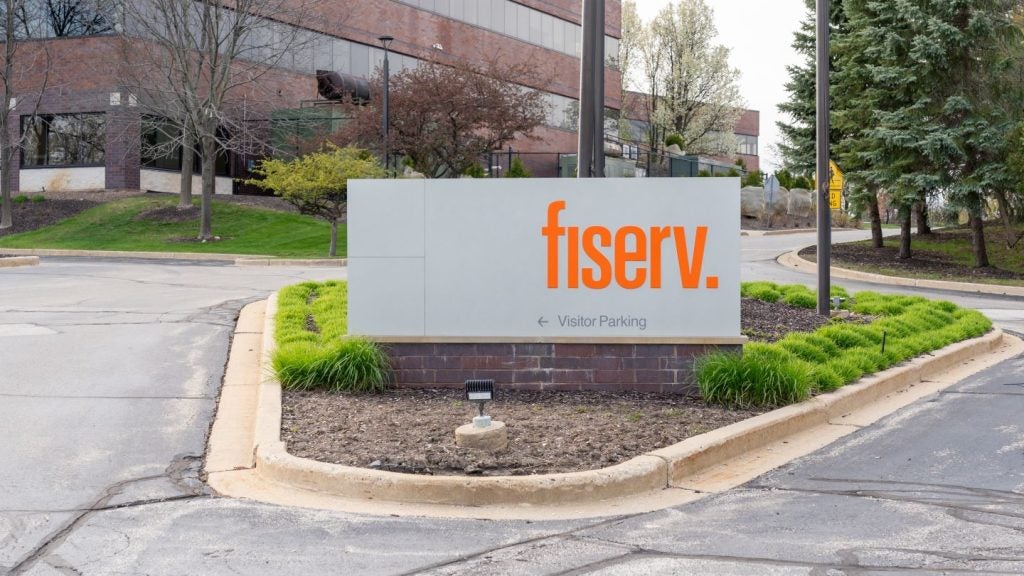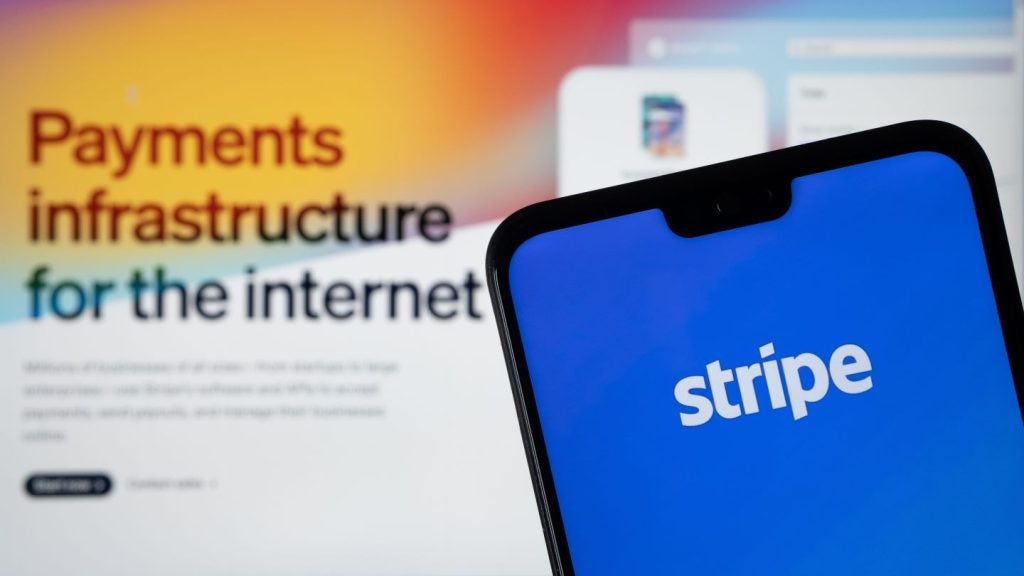cheque still reigns supreme when it comes to monthly payments by
tenants. For rental-focused electronic payments processor Yapstone
this presents a huge opportunity, something to be tackled with an
array of options aimed at breaking the cheque habit.
Charles Davis reports.
Long overlooked by electronic payments companies, rent payments
in the US suddenly are a hot commodity, and a host of payments
companies are vying for a piece of the market for these high-value
recurring transactions.
Every month, more than 36 million Americans pay their rent, and
some 90 percent of them pay by cheque. Fewer than 1 percent of
rents are paid by credit card, and less than 6 percent are paid via
automated clearing houses, meaning there is a huge opportunity for
independent sales organisations (ISO) to move cheque-writing rent
payments to electronic formats.
Since its founding in 1999, this has been the key focus of San
Francisco-based payments processor Yapstone. Now, signalling
broader ambitions, Yapstone has acquired Paymerica, an ISO with a
significant business line providing electronic payments to utility
companies.
The acquisition of Paymerica enables Yapstone to become the
leading processor in the utility sector, while also providing a
platform for recruiting new ISOs to resell Yapstone’s technology
platform. It is a natural combination, as renters inevitably have
utility bills to pay as well at the start of each month.
Yapstone, which processes a variety of electronic payments on
behalf of landlords, vacation home owners and timeshare landlords,
among others, recently renewed a multiyear agreement with Visa for
its RentPayment unit. RentPayment is aimed at serving multifamily
landlords, and the deal lets tenants pay their rent or security
deposit with Visa-branded cards at no extra fee.

US Tariffs are shifting - will you react or anticipate?
Don’t let policy changes catch you off guard. Stay proactive with real-time data and expert analysis.
By GlobalData“The economic and operational benefits of card acceptance can
help curb operating expenses for property managers,” said
RentPayment CEO Matt Golis in a statement. “In enabling property
managers to accept Visa products, we are better positioned to help
them deliver more payment choices and greater convenience to their
residents.”
Strong latent demand
The demand is certainly there: a survey by rival rent payments
firm Investment Instruments Corp found that while 75 percent of
tenants and 71 percent of landlords responded that payment
typically happens through paper cheque, 45 percent of tenants and
52 percent of landlords said they would prefer to use some sort of
electronic payment, whether that be credit card or e-cheque.
Interestingly, both sides do not want to abandon cheque payments
entirely, with 38 percent of tenants and 25 percent of landlords
responding they still prefer to use the traditional method. That
might reflect the current pricing for rental payments by credit
card more than actual desire to move cheque-based payments to
electronic forms, however.
RentPayment, whose property managers operate more than 2.5
million apartment units, said the continuation of the service gives
tenants convenience and managers efficiency. Accepting card
payments, for example, reduces administrative expenses for software
integration and increases the apartments'
marketability.
By accepting Visa products through RentPayment, property
managers benefit from reduced administrative expenses from software
integration of the electronic payments; increased closing ratios
when prospective residents can use their Visa card for security
deposits; reduced delinquencies; and the ability to offer
around-the-clock payment services.
The RentPayment-Visa solution gives renters a convenient
alternative to writing a rent cheque each month. The potential
market is enormous, as younger Americans, who have become
accustomed to using payment cards to purchase almost everything,
cite rent as one of the only cheques they have to write each
month.
Reaching out to younger renters, RentPayment recently launched
Cardinal Max, a platform from payments solutions developer
CardinalCommerce, which allows residents to make rent payments via
their mobile phone.
RentPayment clients now receive a monthly alert when their rent
is due and can make a payment via a text message. Property
management firms can charge a convenience fee for the service, but
there is no fee on RentPayment’s end.
RentPayment’s platform solves a lot of the headaches property
managers faced when considering electronic payments. The platform
features two-way integration, meaning that the software posts
payments directly into the rent column of the manager’s database,
but it also exports data directly from the database to pre-populate
forms on the internet portal where residents pay their rent.
When a resident logs onto a property-specific web portal, they
are taken to a page on one of RentPayment’s servers, but branded
with the property management company’s look and feel. The
RentPayment engine automatically accesses the tenant’s account
balance so when the renter is ready to pay, all the necessary
information, from the renter’s name and apartment number to the
amount due, is already displayed.
Heavy competition
RentPayment competes in the rental payments market with
PropertyBridge, a unit of MoneyGram, MRI Network, Investment
Instruments Corporation’s Rentomatic product and One-Site Payments,
among others.
Each faces obstacles to further growth, despite the obvious
appeal of electronic payments. First, the rental property market in
the US is incredibly fragmented, with small-scale landlords with a
handful of properties the predominant model. This means the economy
of scale necessary to support electronic payments may not exist in
some markets, and it virtually rules out convenience fees, which
renters dislike and property managers avoid.
Visa and other associations also do not allow landlords to pass
along transaction costs to renters, requiring merchants to pay the
fees themselves, with the notable exception of the RentPayment
agreement with Visa. Property managers are less willing to absorb
those fees, given the size of the average transaction in a rent
payment is $650, and interchange fees take about 3 percent of each
transaction.
Still, if landlords succeed in converting even a small
percentage of the overall rental market into electronic payments,
the savings in processing time and cash-float alone could make a
huge difference in their bottom line while also providing an
increasingly attractive service for renters, who write fewer
cheques every day.







